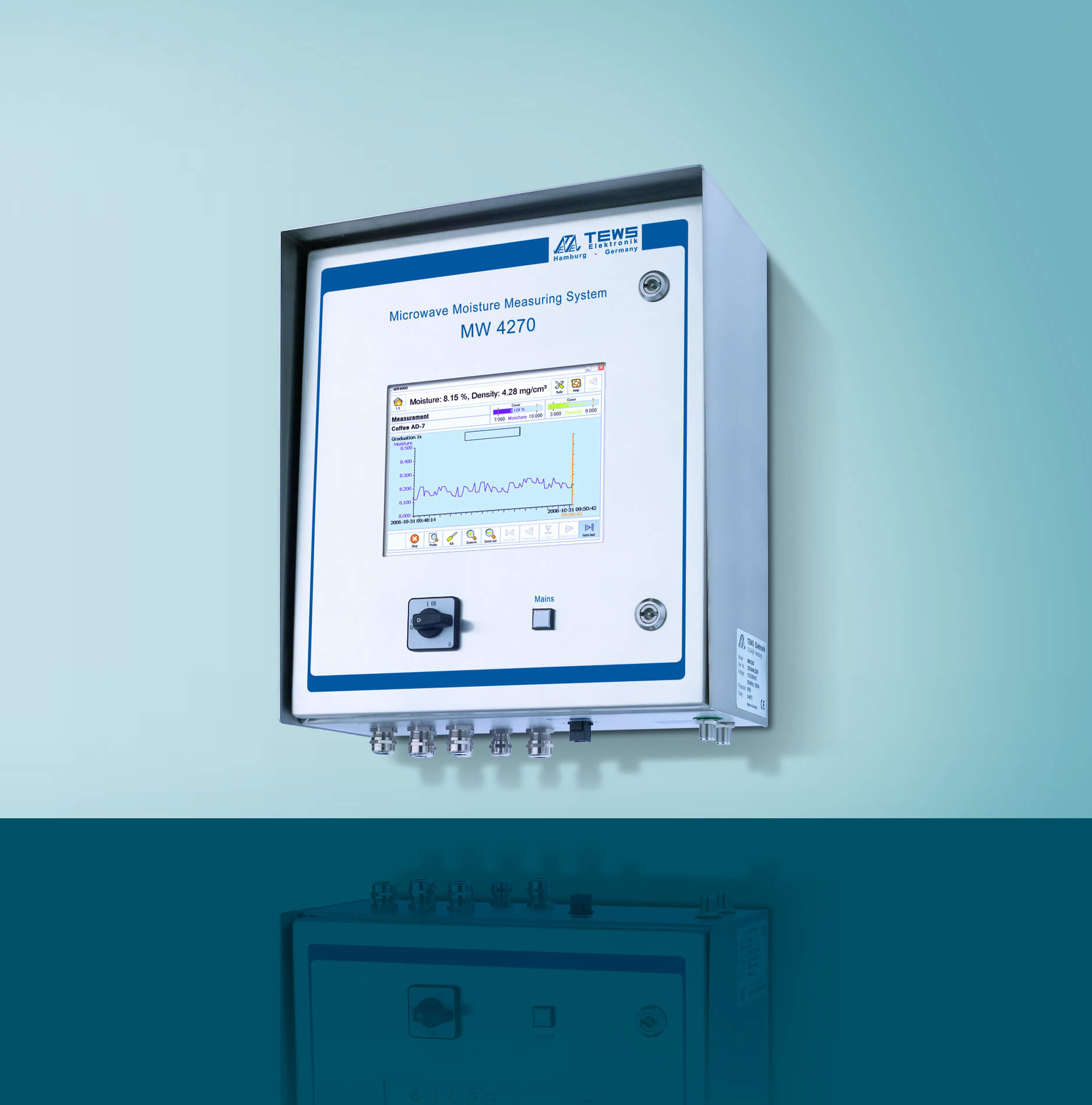Assess freshness and flavor profile; measures moisture and density
The moisture content of ground coffee can affect the flavor profile of the resulting cup of coffee. Too high (risk of spoilage) or too low moisture content (loss of quality) can lead to an undesirable taste, such as a stale or burnt taste, while changes in density can indicate degradation of the coffee.
The density of ground coffee can provide information about the fineness of the grind. A higher density may indicate a finer grind, while a lower density may indicate a coarser grind. By measuring density, coffee producers can adjust the grind size of their coffee to optimize extraction and flavor profiles. This allows them to achieve the desired balance between taste and processing time when brewing coffee.
By measuring moisture content, coffee producers can monitor their product, take timely corrective action and find the right balance to ensure an optimal taste experience.



